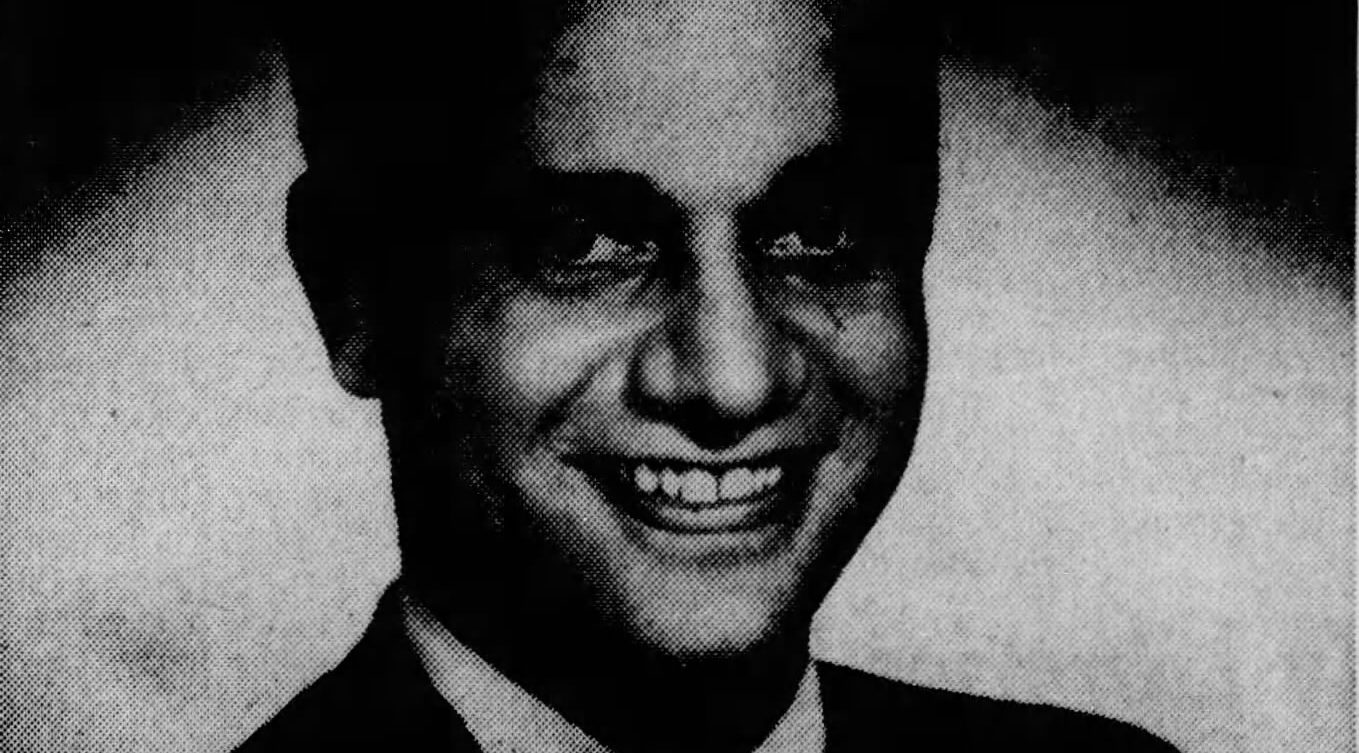
[Baltimore Sun] Peter G. Angelos: a slayer of dragons, real or perceived | STAFF COMMENTARY
Editor’s note: Peter George Angelos, who died Saturday at the age of 94, was best known in his final years for his longtime Orioles ownership and the billions he amassed filing class action lawsuits. But well before he became a wealthy baseball team owner, he had a brief career in Baltimore politics. An editorial written in 1997 by former Sun staffer Andy Ratner, who at the time was in charge of zoned editorials for the paper, artfully paints a picture of Angelos’ early years that preview the man he was to become. We excerpt it here as a tribute to a complicated man who cared deeply about his city.
Decades before Peter G. Angelos, multi-millionaire baseball team owner, came off as ruthless, headstrong and too eager to pick a fight, he was known to Baltimoreans in 1959 as a 29-year-old, fresh-faced City Council member who could be ruthless, headstrong and eager to fight.
Mr. Angelos ran unsuccessfully for a state Senate seat in 1958. Undeterred, he came back in 1959 to win a Third District seat on the City Council. He served until 1963, then lost badly in a bid for council president to Thomas J. D’Alesandro III.
He toyed with running again for the state Senate and Congress, then decided to run for mayor in 1967. He lost again to Mr. D’Alesandro.
Over the next generation, Peter Angelos remained largely out of the public eye, amassing a fortune from lawsuits on behalf of steel and shipyard workers harmed by exposure to asbestos. He led a group to buy the Orioles in 1993 and has been in the headlines ever since.
Returning to the record of his brief, but fiery, political career is akin to reviewing the contents of a Baltimore bicentennial time capsule before it is buried for future generations. It offers an illuminating window on Peter Angelos, then and now.
The man has never minced words. When he ran against Mr. D’Alesandro for mayor, he called him “the biggest do-nothing City Council president this city has ever experienced.” He accused his opponent of giving payola to “every boss and bosslet” in Baltimore.
Even in an era when the political language was more raw and colorful than the blow-dried campaigns of today, Mr. Angelos had a peacock’s flourish and the pugnacity of a bantam rooster.
One political analyst described Councilman Angelos as “excellent on the attack but lacks staying power on important issues.” A Sun editorial compared his relentlessness to a “dull needle stuck in a worn record.”
Long before anyone knew of “welfare reform,” Mr. Angelos wanted to require work of able-bodied recipients. He ferociously pursued the ouster of the city’s well-respected welfare director, Esther Lazarus, because he judged her as ineffectual, but he came to regret his own venomous attack. “I know it did me a lot of harm politically, but more than that it gave people the wrong impression of my concerns,” he said years later.
Society would eventually see the wisdom of Mr. Angelos’ positions on an array of subjects, from his legislation to do away with segregated public restrooms to greater fiscal accountability in government.
Some of his actions also dealt with the Orioles he would later come to own. He demanded an investigation of the city parks board after it rejected the team’s petition to allow beer advertisements on the scoreboard at Memorial Stadium.
He argued that the deal with Hamm’s Brewing Co. to underwrite a $308,000 scoreboard — 1/15th the cost of the one at Camden Yards — was “generous and advantageous.” Other brewers in town were putting heavy pressure on the parks board to scuttle the deal.
A photo of Mr. Angelos in The Evening Sun in 1967, the year he ran for mayor, is an uncanny likeness of the man decades later: the slicked-back hair, perpetual rings beneath deep-set eyes, a broad nose that he once told an interviewer could be molded various ways — the product of boyhood scuffles growing up in Pittsburgh and Baltimore’s Highlandtown after the Depression.
He always had a hunger for outside approval, but it was outweighed by his compulsion to challenge perceived dragons.
May he rest in peace.
